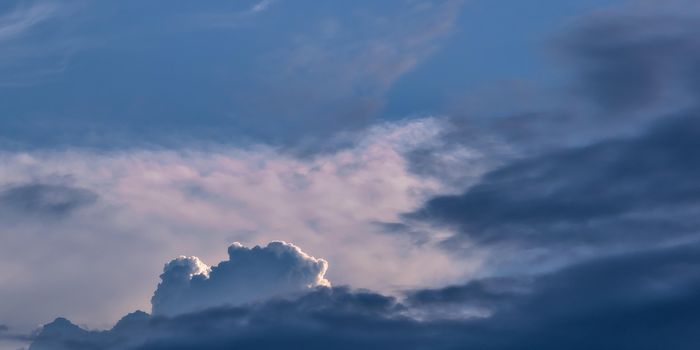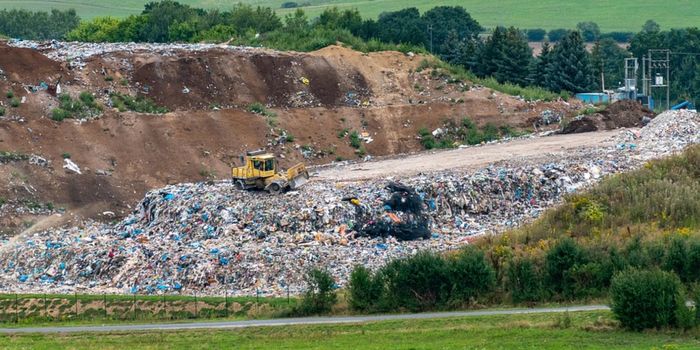Human-nature interactions increase during the pandemic, particularly in women
In an effort to understand how people have been turning to nature to fulfill their needs during the pandemic, researchers from the University of Vermont have conducted two studies analyzing the ties between COVID-19 and nature. Both studies will be published this week in PLOS ONE.
The team was interested in understanding if people’s perceptions of nature, and the value of nature, have changed throughout the pandemic due to the lifestyle that living in a pandemic requires. While there has been an overall understanding in the media and anecdotally of the importance that nature plays in mental and physical health – and arguably social health as well, given that many have taken to meeting outdoors in a distanced manner – these studies are some of the first to qualify the phenomenon from a research perspective.
To study the human-nature interactions during the pandemic, the team gathered data from 3,204 adult Vermont residents who responded to an online survey. The authors write: “We analyzed reported changes in outdoor activities and the values associated with human-nature relationships across geographic areas and demographic characteristics. We find that participation increased on average for some activities (foraging, gardening, hiking, jogging, photography and other art, relaxing alone, walking, and watching wildlife), and decreased for others (camping, relaxing with others).”
In addition to an increase in the participation of outdoor activities, the findings showed that people also valued nature as an entity on its own, reporting that nature helped provide a greater sense of mental health and wellbeing (59%) and opportunity for exercise (29%), in addition to valuing nature for its beauty (29%), sense of identity (23%) and spiritually (22%).
"These data are like a treasure chest of the pandemic moment: a record of how people have been thinking about their relationship with the rest of the world in a time of great upheaval," says Rachelle Gould of the University of Vermont, the study's senior author.

Women, in particular, reported significantly increased interaction with nature. While the study included responses from participants from a wide range of situations (gender, income and employment, urban or rural living), across the six most common nature activities considered, women were 1.7 to 2.9 times more likely to report increasing their interactions with nature than men.
Why this is, the researchers are still determining. "More research is needed, but our preliminary analysis suggests that, during the pandemic, women are more likely than men to report increased importance of values that includes mental well-being, beauty, exercise, familiarity with landscape, and fun," says Gould. "Our next step is to explore the qualitative data to explore this result deeper."
The team is hopeful that their unique angle to questions about engagement with nature during this new kind of crisis will help inform future land management decisions. Lead author Joshua Morse comments that the work has the goal of adding to policies that provide strategies to “remove barriers to nature access, to increase equity."
Sources: PLOS One, Eureka Alert








